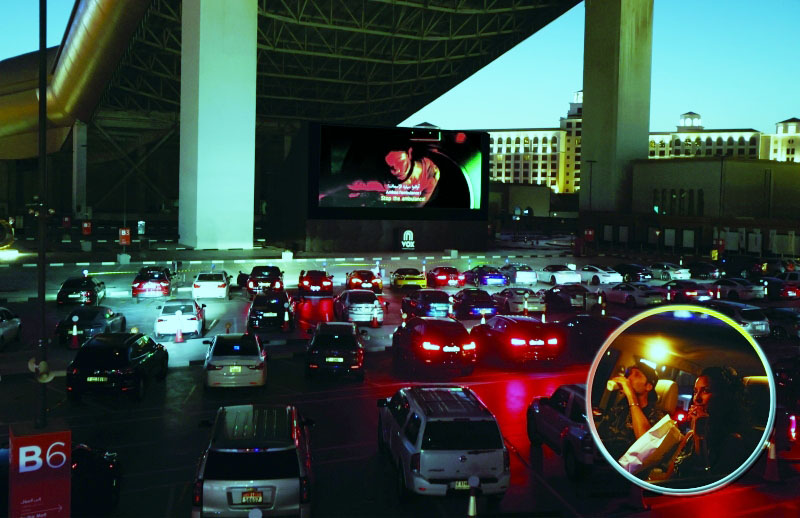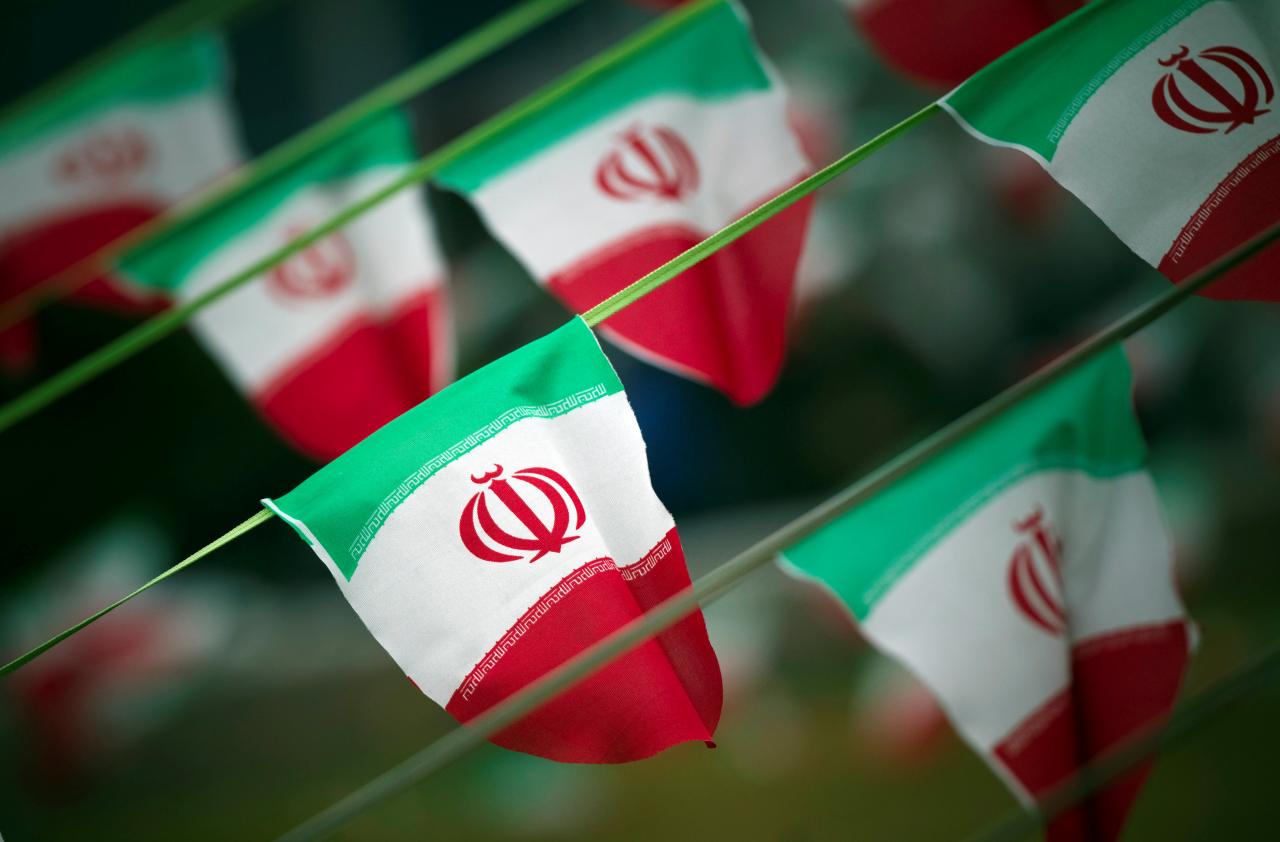Signs advising against inappropriate clothing and forbidding public displays of affection above the entrance to the Cairo City Stars Mall were planned before the events that caused former President Mubarak to step down, according to mall management.
“We were trying to be more civilized,” said General Manager al-Hamy al-Kerdany. “We are surrounded by three hotels. We don’t like people to come in swimsuits.”
Kerdany said the new policies were devised initially after the H1N1 virus scare in 2009, as health precautions in consultation with the World Health Organization, not for religious reasons on behalf of Gulf investors.
“It is a healthy benefit, as well as matching our culture,” he said of the prohibition against holding hands and kissing.
The signs, which were posted this May, have caused a stir among young Egyptians who see the prohibitions as a sign that the Saudi-owned mall is taking a more conservative turn in the aftermath of 25 January.
They show a sleeveless dress, a couple holding hands, and a person on a skateboard with lines over them. Similar signs also forbid pets, alcohol and weapons. After complaints about their ambiguity, Kerdany said the management added text for clarification.
Now, underneath the crossed-out picture of the couple, Arabic text tells customers to please not show too much emotion “for the prevention of diseases.” And beneath the picture of a sleeveless dress, it asks patrons to consider wearing “suitable clothing”.
Kerdany maintained that the signs are for the comfort of all its customers, who come from different backgrounds and are mingling together in one place. He said they are not an indication that the mall is trying to exert control over Egyptian society. No one yet, he said, has been asked to leave the mall because of how they are dressed.
“We are welcoming all people,” he said, “and there are different tastes for each. But freedom, it is not freedom when you disturb other people.”
But whatever the management’s intention, the signs have not been interpreted as simple safety or health measures. An opinion article published in May in the American University of Cairo newspaper, Caravan, called the signs “the hijacking of the Revolution."
“We need to come out and say NO. No to segregation, no to an Islamic State!” said Youssef Abdel Aziz in the editorial.
A Facebook page has also been formed calling for a boycott of the mega-mall, one of the largest shopping centers in the Middle East.
“We’re losing our identity,” wrote Ola Althaqaby on the Facebook page’s wall. She said the pictures were a result of Wahabist beliefs about Islam.
“City Stars is testing the waters, and if we don’t react, others could follow suit,” she said.
The situation bears some resemblance to that of Cairo’s Grand Hyatt, when in 2008 the hotel’s Saudi owner decided that the establishment would no longer sell alcohol. The announcement sparked a similar discussion, but ended with the hotel returning to its original practices after pressure from Egypt’s tourism authorities. Egyptian tourism standards state that any hotel above two stars should serve alcohol.
The City Stars property, which is under Egyptian management, is owned by a group of Saudi Arabian investors called Pyramids Plaza. The mall features hundreds of international brands, coffee shops, restaurants and a movie theater. Many stores sell swimsuits, lingerie and sleeveless shirts and dresses.
Large cardboard posters covering yet-to-be-developed storefronts in the complex show cartoon-style young women in fashionable sleeveless dresses and high heels prancing through the avenues that are meant to embody the spirit of City Stars.
But over a month after the signs were posted, real shoppers at City Stars remained confused as to what the signs’ intended messages were.
“I don’t know the point,” said Noran Assam, wearing a headscarf and shopping at the mall with a friend. “It’s not clear, and it would be very difficult to enforce.”
Sara Gergis works at Orange, one of the stores in the mall. Wearing a sleeveless shirt, she said she feared the management could use the new signs as grounds for towing a more conservative line in the future. She said she didn’t buy the management’s reasoning about tourists in swimsuits.
“Even if that is the case, what is the signal, what are you trying to convey here?” she asked. “It’s sad that now we differentiate based on dress.”




